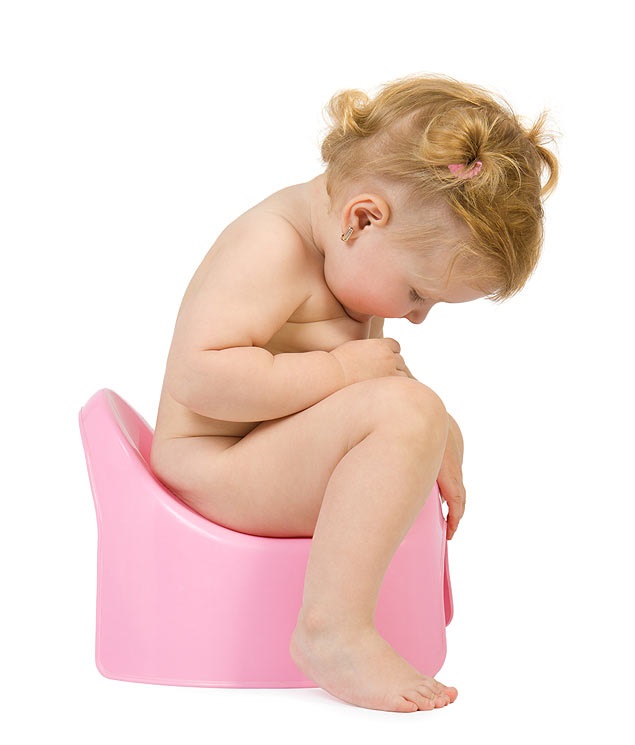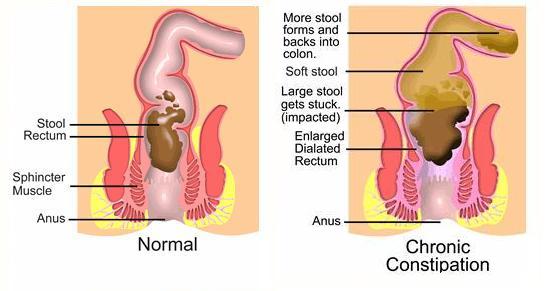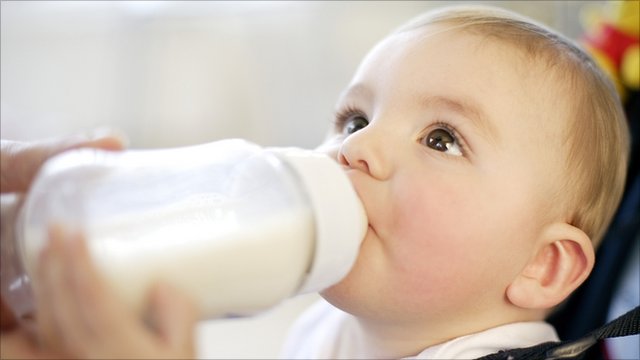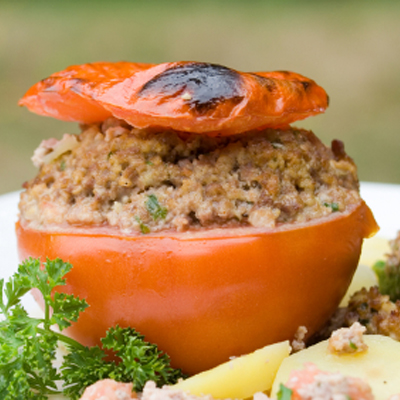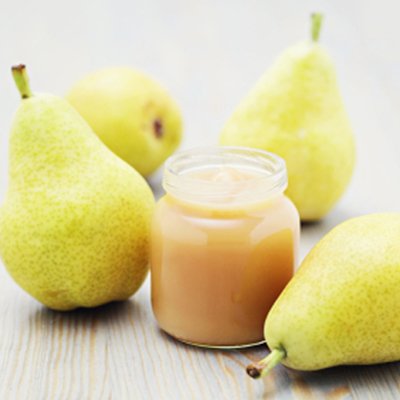Constipation in Babies: Signs, Causes, and Cures
If your newborn is having difficulty pooping, she could be constipated. Find out what to look for and how to help. When to Worry: Constipation As new parents, you will always be looking for your baby's next smile, laugh, and coo -- little reassurances that your baby is happy and healthy and that everything is okay. Poop, although not nearly as pleasant, is another thing parents should monitor. When your baby is pooping regularly, it's likely a sign that she's taking in enough food and disposing of the rest, says Jennifer Shu, M.D., an Atlanta-based pediatrician and coauthor of Food Fights: Winning The Nutritional Challenges of Parenthood Armed with Insight, Humor, and A Bottle of Ketchup. So it's understandable that the absence of poop can be a cause for concern. When you think it might be constipation, consider the following.
What to Watch For Parents often suspect constipation when there is a prolonged absence of poop. This can definitely be a sign of constipation. If a baby is not having at least several bright, yellow (not dark brown or green) poops on Day 5 of life, something could be wrong, regardless of whether he's on breast milk or formula, Dr. Morton says. This usually has to do with the baby not getting enough to eat. But frequency is not the only clue. It could be constipation if your baby's poop is hard or difficult to pass. Harder poops can stretch the anal walls a bit, which causes bleeding and a small streak of bright-red blood in the stool. If your baby is making straining faces and if her antics are coupled with a firm belly that's painful to the touch, her intestines could be backed up. Your baby could also have constipation if she refuses to eat. If nothing's coming out, a baby might feel so uncomfortable that she won't take anymore in, Dr. Shu says.
What Causes Constipation Although it's rare for a baby on an all-liquid diet to experience constipation, it can happen. Exclusively formula-fed babies are much more likely to have trouble from constipation, Dr. Morton says.
Formula can firm up poop much more than breast milk can, Dr. Shu adds. If your baby has a milk-protein allergy or intolerance, she could end up constipated. A milk-based formula could cause this, as well as the dairy in mom's diet that's passed through the breast milk. This also carries over to any other kinds of dairy an older baby could consume, such as yogurt and cheese. When a baby is around 6 months, pediatricians often give parents the green light to offer an array of baby food. What your baby eats will largely determine the kind of poop you can expect, Dr. Shu says. And many different foods could contribute to constipation. Start by considering your ABCs -- applesauce, bananas, and cereal, Dr. Morton says. Too much of any of these, especially rice cereal, can get you into trouble. When you start introducing table foods, it might be even harder to pinpoint the constipation culprit.
How to Treat It A change in formula or in Mom's diet could help combat constipation in formula and breastfed babies, respectively. Solid foods, which are often the cause of constipation, can also be the cure, Dr. Shu says. Several kinds of fruits and veggies, such as pears and broccoli, can get things back on track, along with fruit juice and water. When a change in diet isn't doing the trick, talk to your pediatrician before employing other methods. The doctor might suggest rectal stimulation with the use of a cotton swab or rectal thermometer. This usually produces a bowel movement within several minutes of stimulation, Dr. Shu says. Another possible is a glycerin suppository. If it works, it could take about an hour to produce a poop, Dr. Shu says. Other suggestions may include Miralax, a tasteless powder you can mix into a drink; senna, a natural vegetable laxative; and lactulose, a synthetic sugar used for treating constipation. Written by Anita Henry Retrieved From: http://www.parents.com/baby/health/constipation/constipation-in-babies/
|
|






